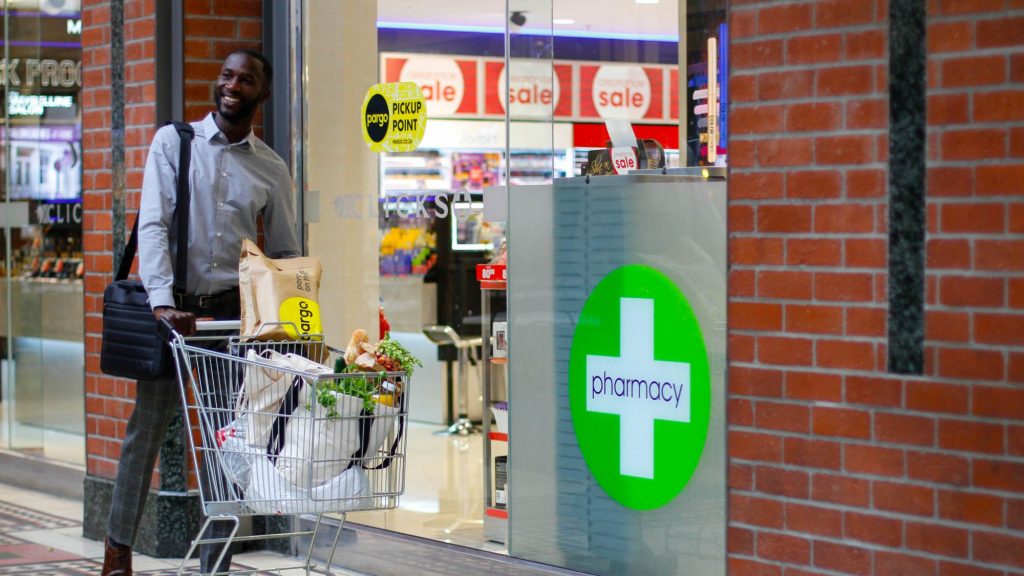South Africa’s e-commerce market is booming, and many start-ups are benefiting from the rapid growth thanks to innovative delivery mechanisms. A make-or-break factor to the entire online shopping process, however, is shipping.
Numerous studies show that consumers won’t purchase from a brand again if the delivery service is not up to scratch, and unless addressed, this can spark a serious downward spiral for a business. Unfortunately, many start-ups have run into challenges when it comes to delivery. While each company has its own set of predicaments, some of the most common are:
No ad to show here.
High costs
Last-mile delivery is expensive for both businesses and customers. When demand spikes, quality infrastructure needs to be integrated into the shipping process to handle the orders, and this can be costly. Naturally these costs are then passed on to consumers, which can sound the death knell for a sale as many people abandon their online shopping carts when shipping expenses are too high.
Effective tracking
In this day and age, shoppers want to be kept up to date on the status of their orders. Simply providing a tracking code is not enough anymore; delivery businesses now need to proactively alert consumers to the delivery status via regular text and e-mail notifications, giving them a real-time visibility experience. South African click & collect and returns solution specialists Pargo has excelled in this area, perfecting the SMS and e-mail notification system to communicate more effectively with customers.
Delayed deliveries
Failing to deliver a parcel on time or even at all carries severe consequences for a business. Not only will operational costs increase as drivers are forced to re-deliver parcels, but your brand’s reputation will be damaged. It’s highly unlikely that those customers will return, and odds are they’ll also tell others not to buy from you. Who you choose as a delivery partner is extremely important.
Poor route tracking
Despite all the advances in technology, many delivery companies still make use of manual route planning. The problem here is that factors like traffic flow and vehicle efficiency are rarely taken into account, leading to late or failed deliveries. Google Maps is not always the way to go either, particularly in a country like South Africa where specific township or rural areas don’t show up on maps.
Outdated technology
Again, customers want to stay informed in the digital age. Outdated tech simply can’t meet this demand. Customers who order online can be unforgiving of human error, so it’s vital that businesses use new technologies to keep them informed of their orders. The tech also enables businesses to monitor and manage last-mile delivery more effectively, so that if a problem occurs they can attend to it immediately.
These challenges are by no means insurmountable, and with commitment and planning can be effectively addressed.
A last-mile delivery option that will become even more popular in 2023 is the click-and-collect model, which involves shoppers placing orders online which are then delivered to a store near them for pickup.
In this regard, Pargo’s Click and Collect service helps reduce delivery costs through consolidated deliveries to its more than 3 000 pickup points around South Africa. The fact that couriers are not travelling further distances to make deliveries also means the carbon footprint is considerably reduced – a point that appeals to sustainability-conscious younger consumers.
The model is especially valuable to those living in rural and township areas. Some 70% of South Africans do not have accurate delivery addresses, which makes it difficult for couriers to reach them.
The pickup points overcome this problem since they are located in easy-to-find stores, buildings, businesses and areas, meaning all citizens can benefit from online shopping no matter where they live.
ALSO READ: SA logistics start-up makes courier services more accessible
